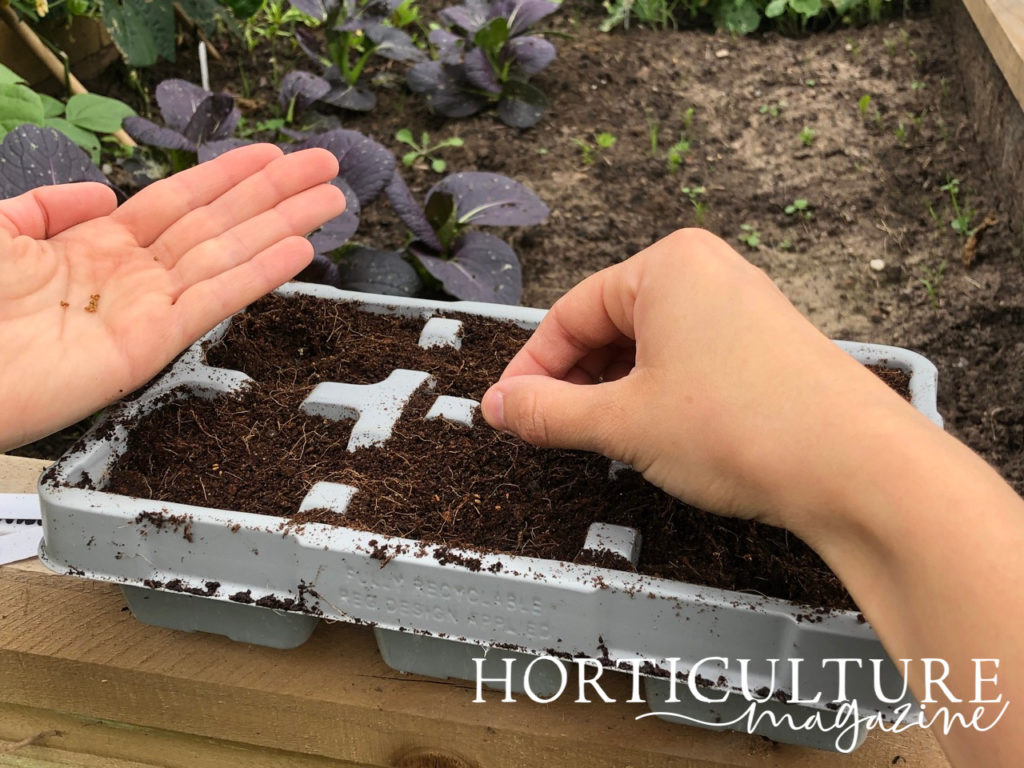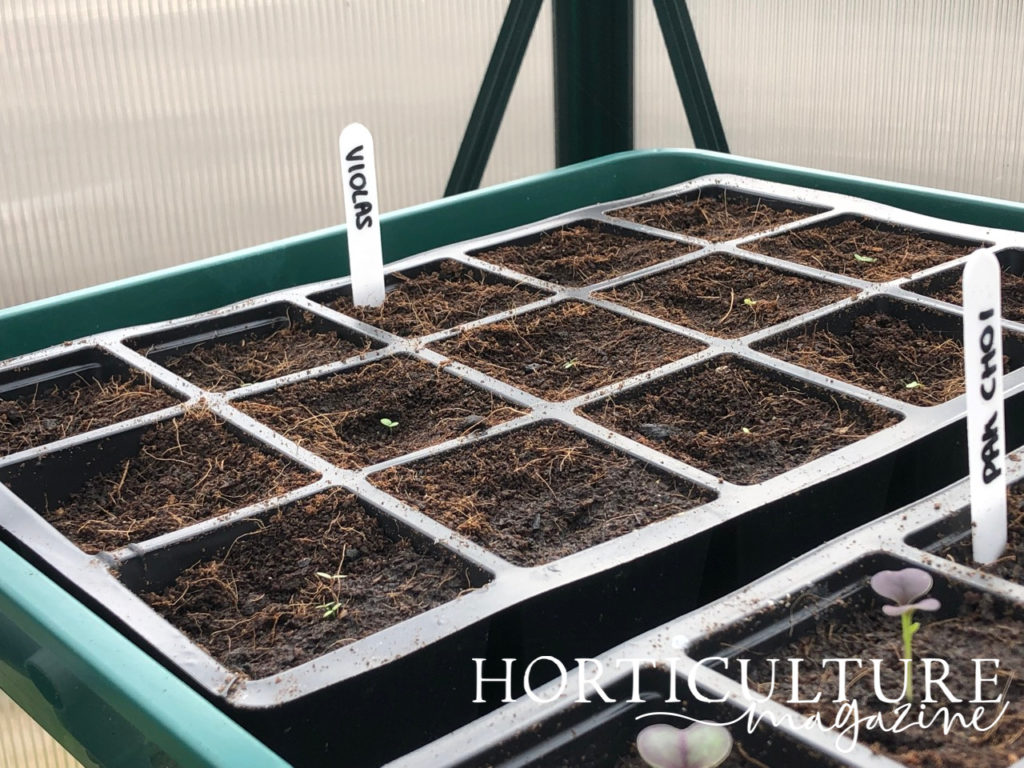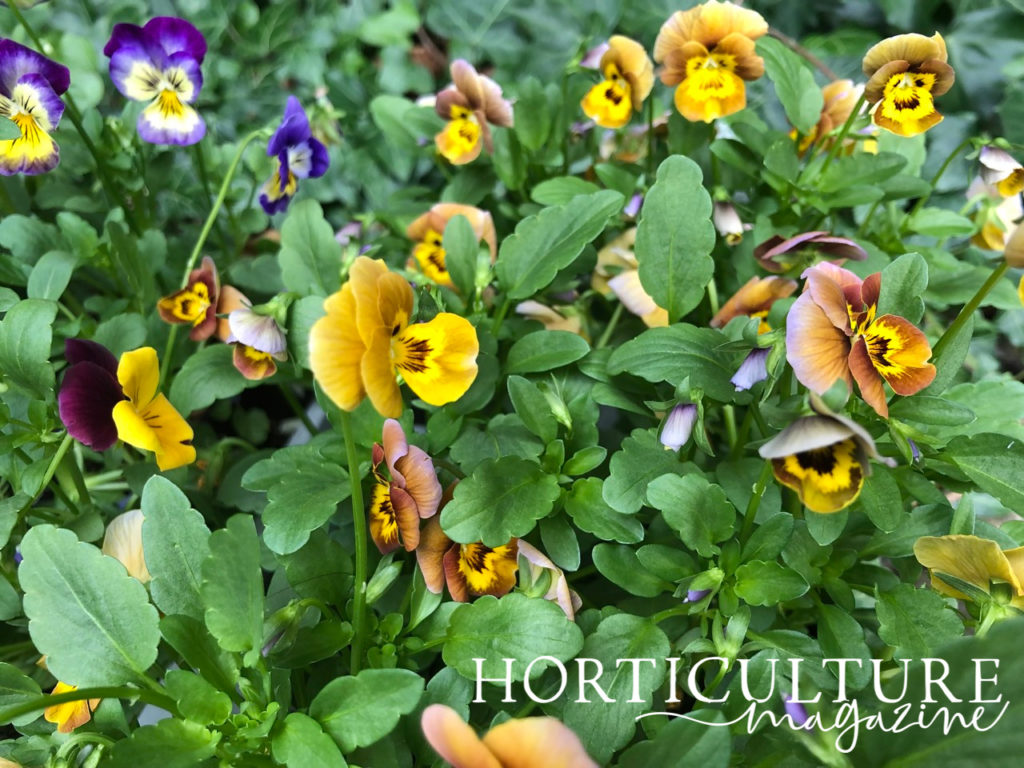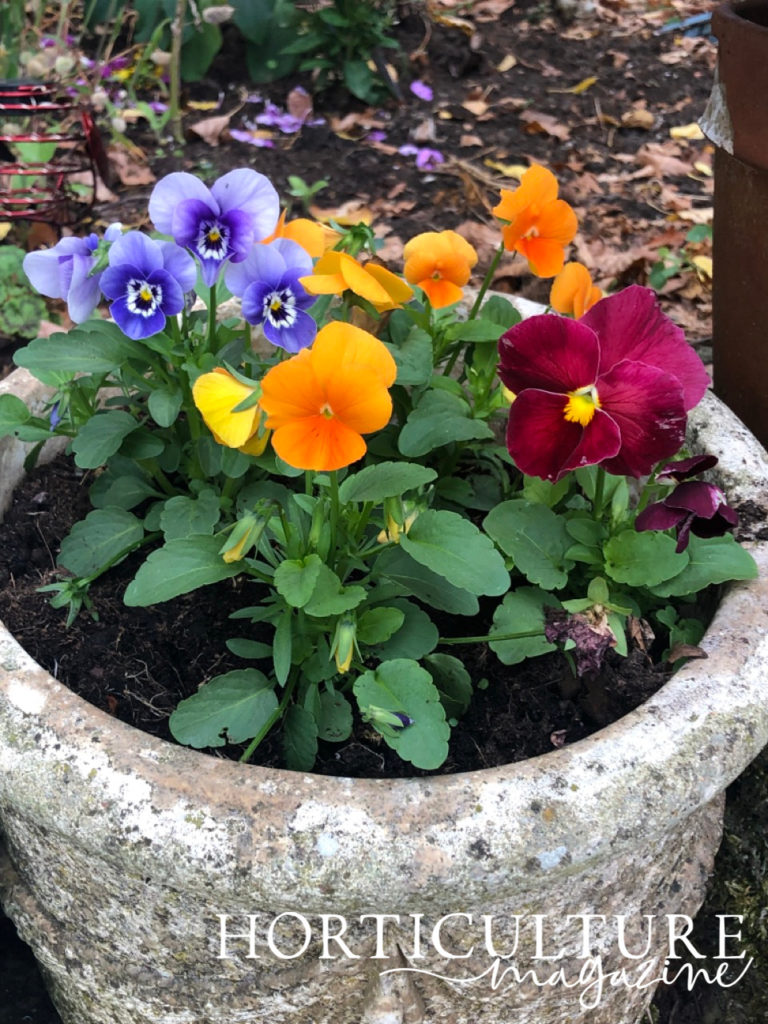As A Basic Rule, Sow Violas Indoors Around 10-12 Weeks Before Spring Planting


Elizabeth is a Permaculture Garden Designer, Sustainability Consultant and Professional Writer, working as an advocate for positive change. She graduated from the University of St. Andrews with an MA in English and Philosophy and obtained a Diploma in Applied Permaculture Design from the Permaculture Association.
Reviewed By COLIN SKELLY

Colin is a Horticulturist and Horticultural Consultant with experience in a range of practical and managerial roles across heritage, commercial and public horticulture. He holds the Royal Horticultural Society’s Master of Horticulture award and has a particular interest in horticultural ecology and naturalistic planting for habitat and climate resilience.
Contributions From EMILY CUPIT

Emily is a Gardening Writer, Photographer and Videographer from Derbyshire, UK. She is the Founder of Emily's Green Diary - a community of more than 75,000 people who share in her gardening journey.
VIOLA GUIDES
Growing From Seed
Violas are a varied genus of plants that includes pansies, which are hybrids bred and derived from the Viola species.
When we talk about violas in the UK, we are usually referring to the smaller-flowered and typically perennial flowering plants from which pansies were derived, not pansies themselves.
Most commonly, we are talking about Viola tricolor or Viola odorata.
Both of these can be grown from seed, though the latter can be more challenging and take longer to germinate.
When sowing viola seeds, there are two main options:
- Sow indoors 10-12 weeks before spring planting.
- Sow directly in early spring or autumn.
| Difficulty | Medium |
| Equipment Required | Seeds, seed tray or pots, compost, propagator |
| When To Sow | Late winter or early spring |
| When To Plant Out | April-May |
When To Sow Violas
Viola seeds can typically be sown indoors around 10-12 weeks before they are planted out into your garden in spring, after the last frost date in your area.

There is also the option of directly sowing viola seeds in your garden, which you can do either in the early spring or in the autumn.
The natural stratification process can help some violas to germinate more successfully.
1) Sowing Seeds Indoors
Start preparing for indoors sowing around 10-12 weeks before the last frost date in your area.
Prepare a seed tray or a container by filling it with a seed-starting growing medium.

Sow the viola seeds on the surface of the growing medium then cover them lightly with a little more of the growing medium.
Make sure the seeds are covered as they require dark conditions for germination.
With most species, you can expect germination to take place within 2-3 weeks.

Ensure the soil remains moist during the germination process but that waterlogging does not occur.
A heat mat or heated propagator can aid the germination process.
You should then prick out and pot on seedlings as required.

You may need to use grow lights when starting indoors to make sure that the seedlings don’t become weak and leggy due to the lack of light for early sowings.
By spring, when the time comes to harden them off and plant them out, they should be close to the size at which they will flower.
2) Sowing Seeds Directly
You can also directly sow viola seeds in containers or growing areas outdoors in the autumn or the early spring.

When sown in autumn, the seeds will undergo natural stratification over the winter and will then often germinate more successfully come spring.
“When sowing directly outside, make sure to accurately mark where you have sown them,” says Master Horticulturist Colin Skelly.
“Keeping the area seed-free will be critical to good germination.”
